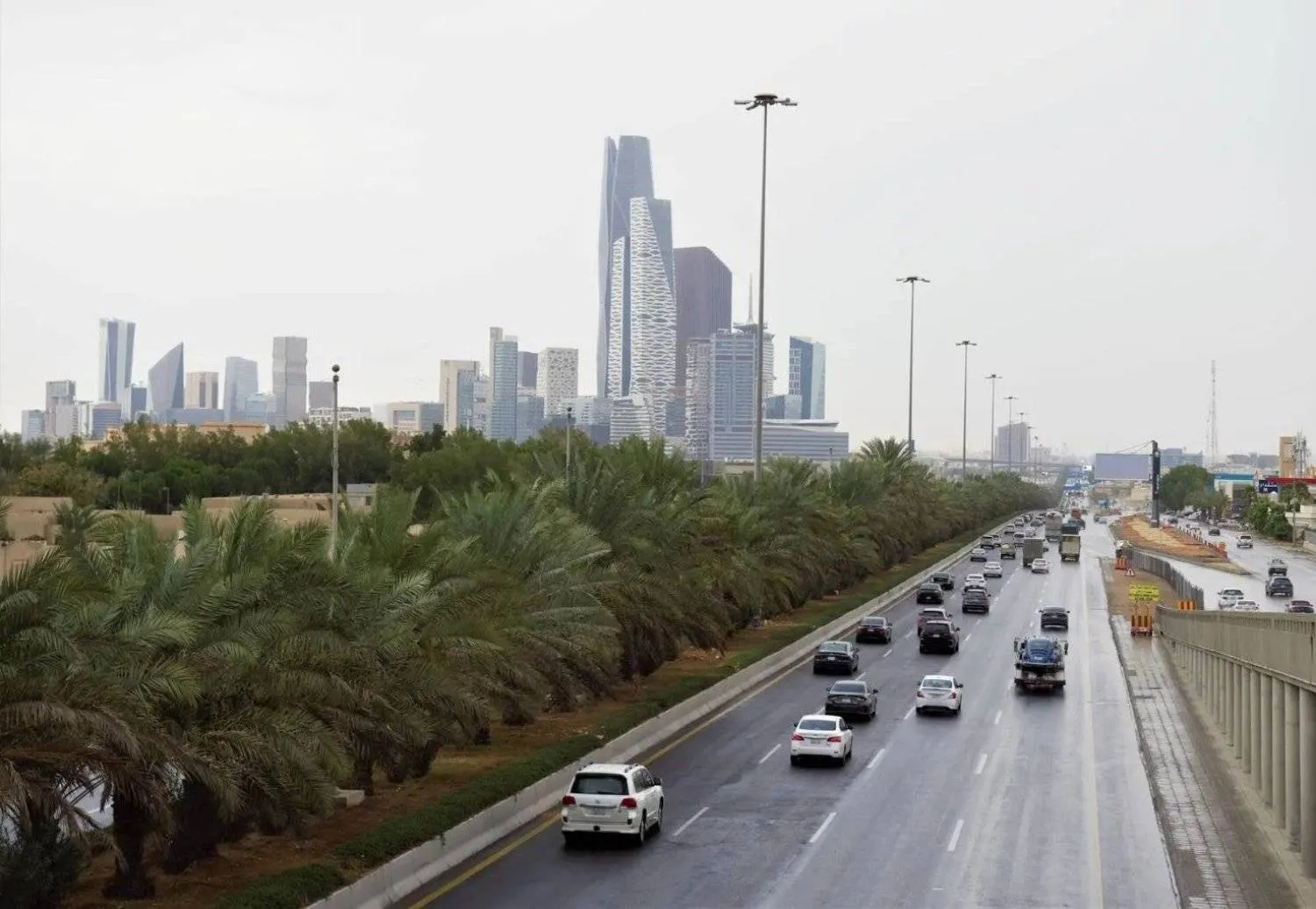With Saudi Arabia experiencing significant growth in investments and improvements in logistics infrastructure, non-oil exports rose by 7.5% year-on-year in August, reaching SAR 27.5 billion ($7.3 billion) compared to SAR 25.6 billion ($6.8 billion) in the same period last year.
According to international trade data from the Kingdom’s General Authority for Statistics (GASTAT), total exports in August declined by 9.8%, amounting to SAR 92.8 billion ($24.7 billion), down from SAR 102.9 billion in August of the previous year. This decline was mainly due to a 15.5% drop in oil exports, which fell by SAR 12 billion ($3.2 billion).
Oil Exports
In August, oil exports totaled SAR 65.3 billion ($17.3 billion), a decrease from SAR 77.3 billion in the same period last year. This drop reflects continued production cuts by the OPEC+ alliance. Consequently, oil exports as a share of total exports fell from 75.1% at the end of August last year to 70.3% in August 2024.
Imports and Trade Balance
Imports decreased by 3.9% to SAR 64.8 billion ($17.2 billion), down from SAR 67.4 billion in August 2023. The Saudi trade balance surplus shrank by 21% year-on-year in August 2024 but improved compared to July, rising to SAR 27.99 billion, an increase of over SAR 10 billion from the prior month.
Key Factors
Economic analyst Rowan bin Rabeean linked the rise in Saudi non-oil exports to several factors, primarily improvements in logistics infrastructure and increased investment in non-oil sectors like manufacturing and technology.
Total foreign direct investment (FDI) inflows last year reached approximately SAR 96 billion, surpassing the National Investment Strategy target of SAR 83 billion by 16%, as reported by the Ministry of Investment and the General Authority for Statistics. FDI inflows also represented 2.4% of GDP in 2023, meeting the National Investment Strategy target.
Bin Rabeean explained that the trade surplus declined due to the drop in oil exports amid rising global oil prices, as well as an increase in imports, which had a negative impact. She expects non-oil exports to continue growing in the coming periods, driven by the goals of Vision 2030 to diversify Saudi Arabia’s economy and boost non-oil exports.









